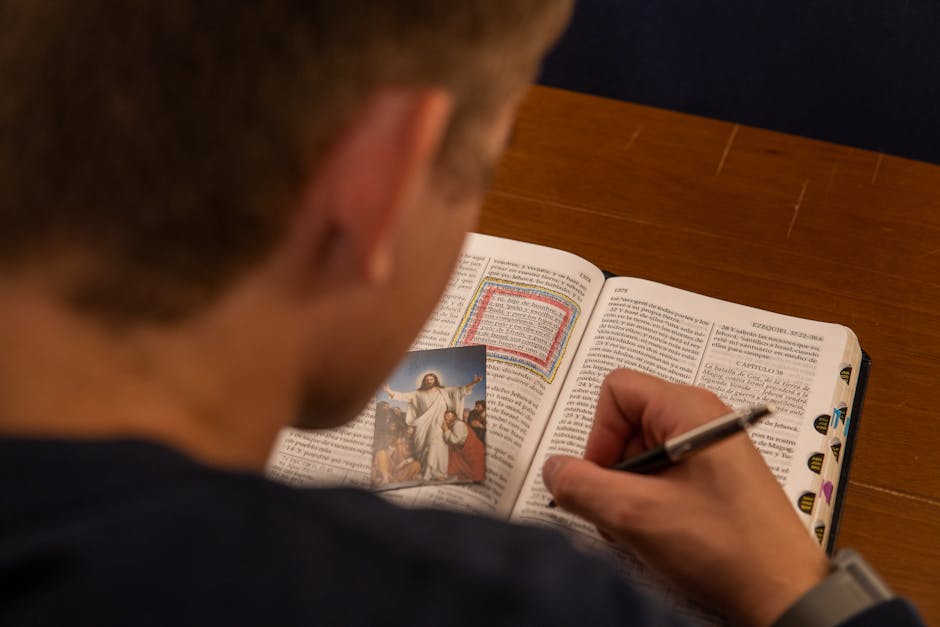Across millennia, the human experience has been profoundly shaped by the search for meaning and connection beyond the tangible. Religious beliefs, representing these efforts, have undergone constant transformation, evolving in response to societal shifts, intellectual advancements, and individual interpretations. This exploration delves into the multifaceted ways in which spiritual and religious frameworks have adapted and altered throughout history.
Early conceptions of the divine were often closely intertwined with nature. Animistic beliefs, prevalent in many ancient civilizations, attributed spiritual forces to inanimate objects and natural phenomena. These early spiritual systems emphasized a connection between humanity and the world around them, recognizing a sacredness within the rhythms of the seasons, the movements of the stars, and the very essence of life itself. Shamans and priest-medicine men played crucial roles in mediating between the human and spiritual realms, facilitating rituals that aimed to appease or commune with these forces. These foundational beliefs laid the groundwork for more structured religious systems that emerged later.
The emergence of structured religions marked a significant shift. Monotheistic traditions, with their focus on a single, transcendent God, began to gain prominence. The development of Judaism, Christianity, and Islam, for example, introduced concepts of prophecy, divine law, and a personal relationship with the divine. These faiths emphasized ethical conduct and adherence to specific codes of behaviour, forging societies structured around religious principles and values. Central to these changes was a move from a diffuse, natural spirituality to a more codified and institutionalised form of worship.
Historical contexts profoundly influenced the evolution of religious thought. Social and political upheavals, technological advancements, and philosophical developments all played a role in shaping religious interpretations and practices. The rise of empires, the spread of trade routes, and the constant exchange of ideas contributed to the blending and adaptation of existing traditions. For instance, the interaction between Roman society and early Christianity led to significant modifications in how Christianity was understood and practiced, resulting in the development of organized churches and the establishment of a clear hierarchy.
Throughout history, individuals and groups have challenged prevailing religious norms, sparking reform movements and sparking new religious innovations. The Protestant Reformation, a crucial turning point in the history of Christianity, highlighted the importance of individual interpretation of scripture and challenged the authority of the Catholic Church. These reforms, driven by critical analyses and a desire for spiritual autonomy, resulted in the diversification of Christian traditions and the rise of numerous denominations. Similarly, philosophical movements, such as the Enlightenment, questioned traditional religious doctrines and encouraged a greater emphasis on reason and empiricism.
Scientific advancements have also played a significant role in shaping the discourse surrounding religious beliefs. The development of scientific methodologies and the discovery of natural laws led to questioning of certain religious narratives. The conflict between science and religion, while often framed as a binary opposition, has also spurred constructive dialogues, leading to the exploration of new approaches to understanding the relationship between the natural and the supernatural. Some religious traditions have embraced scientific discoveries, integrating them into existing frameworks, while others have found ways to accommodate the new knowledge within their spiritual beliefs.
Modernity brought further shifts in religious landscapes. The rise of secularism and the increasing diversity of societies resulted in a proliferation of new religious movements and spiritual practices. New religious groups, drawing on diverse cultural and philosophical traditions, have emerged, demonstrating the continuing quest for meaning and connection in a rapidly changing world. Furthermore, the rise of globalization has facilitated the spread and blending of religious ideas, leading to the development of hybrid practices and syncretic traditions.
The evolving nature of religious beliefs is not a linear progression; rather, it is a complex and dynamic process. It is marked by periods of continuity and innovation, periods of accommodation and resistance. This tapestry of change underscores the fundamental human capacity to adapt and reinterpret spiritual experiences in light of new knowledge, cultural landscapes, and personal understanding. The constant interplay between tradition and innovation, authority and individual agency, continues to shape the trajectory of religious beliefs in the present and future.
Ultimately, the story of religious change is a testament to the human spirit’s enduring search for meaning and connection. The diverse expressions of faith throughout history demonstrate the adaptability and resilience of the human condition, highlighting the complex interplay between tradition, innovation, and the individual’s quest for spiritual fulfillment. As societies continue to evolve, the narratives of belief systems will undoubtedly undergo further transformations, reflecting the changing landscapes of the human experience.
